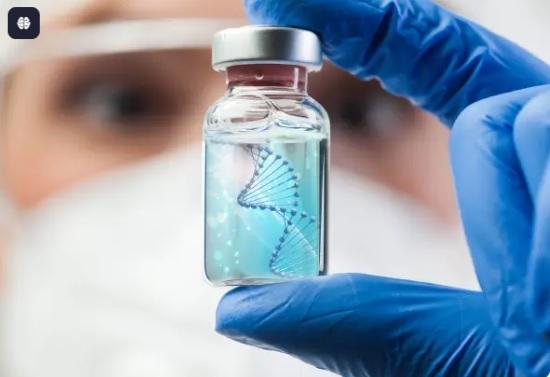Chronic wounds affect over 6.5 million Americans annually, creating a persistent healthcare challenge that drains both emotional and financial resources. Regenerative Protein Array (RPA) by Genesis Regenerative may have the potential to enhance the body's natural healing processes and transform outcomes for those suffering from non-healing wounds.
Chronic wounds represent a significant medical concern, affecting millions of people worldwide and accounting for billions in healthcare costs each year. These persistent injuries, which fail to heal within the expected timeframe, often result from underlying conditions such as diabetes, vascular disease, or compromised immune function. Unlike acute wounds that progress through normal healing stages, chronic wounds become stuck in a cycle of inflammation and failed repair.
The body's natural wound healing process involves four distinct phases: hemostasis, inflammation, proliferation, and remodeling. During normal healing, blood clotting stops bleeding, inflammatory cells clear debris and bacteria, new tissue grows to fill the wound, and finally the tissue strengthens and matures. This intricate dance requires precise coordination between various cell types, growth factors, and proteins working in harmony.
When wounds become chronic, this carefully orchestrated process breaks down. The inflammatory phase becomes prolonged, preventing progression to the proliferation stage where new tissue forms. Elevated levels of destructive enzymes break down essential proteins faster than they can be replaced, while reduced oxygen and nutrient delivery further impair cellular function. This creates a hostile environment where healing stagnates.
Modern regenerative science focuses on addressing these underlying molecular and cellular imbalances. By introducing specific proteins and growth factors that naturally occur during healthy wound healing, regenerative approaches aim to reset the healing cascade and restore normal tissue repair mechanisms. These interventions work by reducing excessive inflammation, promoting new blood vessel formation, and stimulating the production of collagen and other essential building blocks of healthy tissue.
The future of chronic wound management lies in understanding and harnessing the body's innate regenerative capacity. Rather than simply managing symptoms, regenerative approaches target the root causes of healing failure, potentially offering new possibilities for patients who have exhausted conventional options.
Ready to explore how regenerative science might help with chronic wound healing? Visit Genesis Regenerative online at https://genesisregenerative.com/ to learn more about Regenerative Protein Array Therapy and discover if this innovative approach is right for you. Find a qualified clinician in your area and take the first step toward exploring advanced regenerative solutions for persistent wound challenges.



